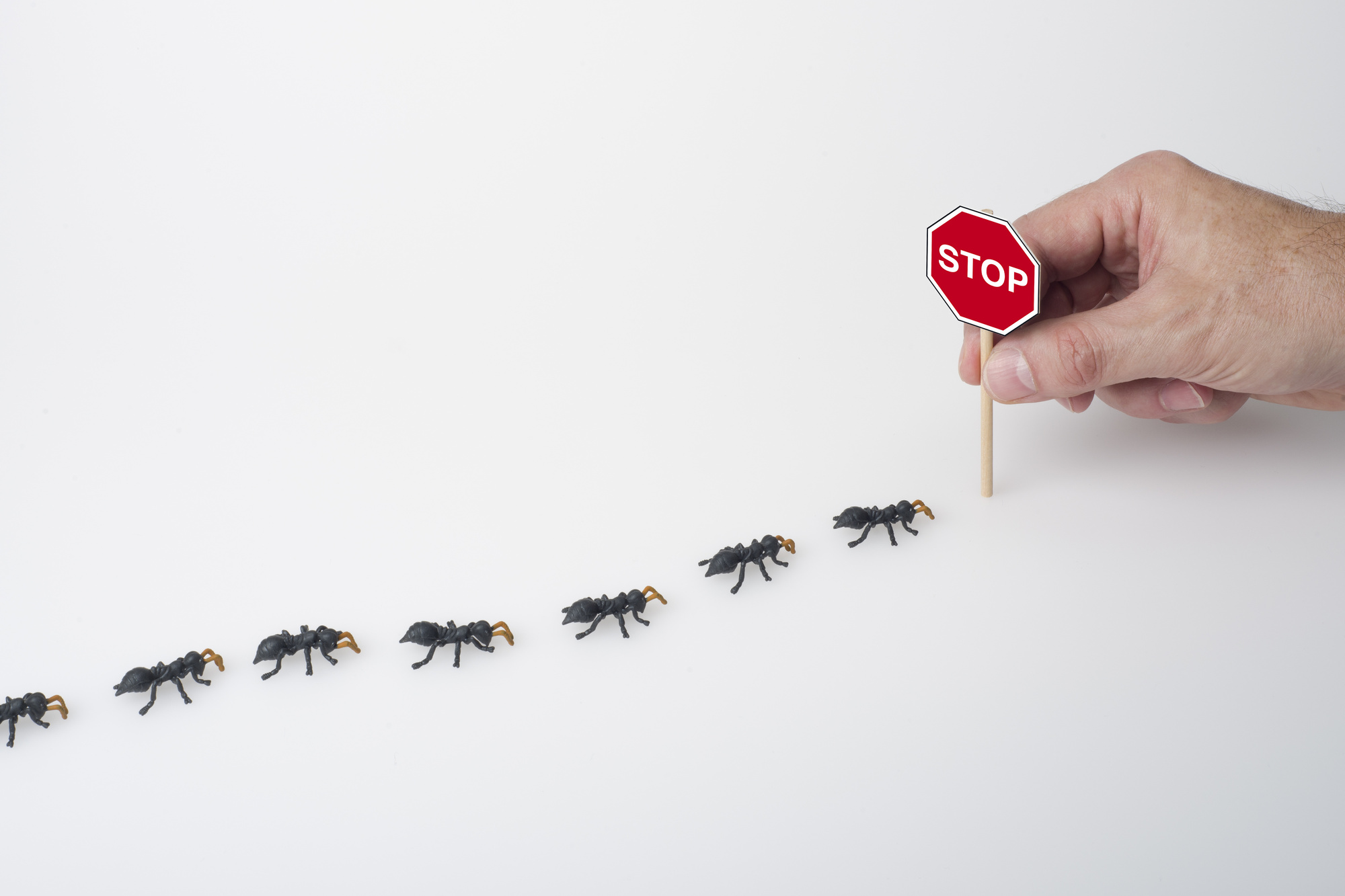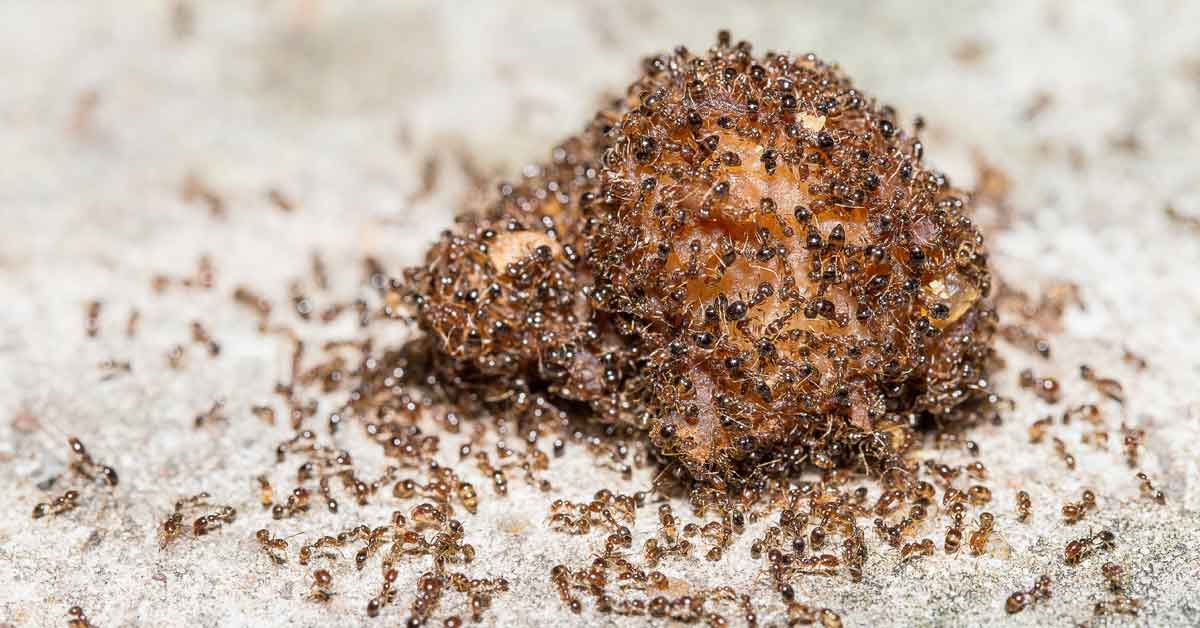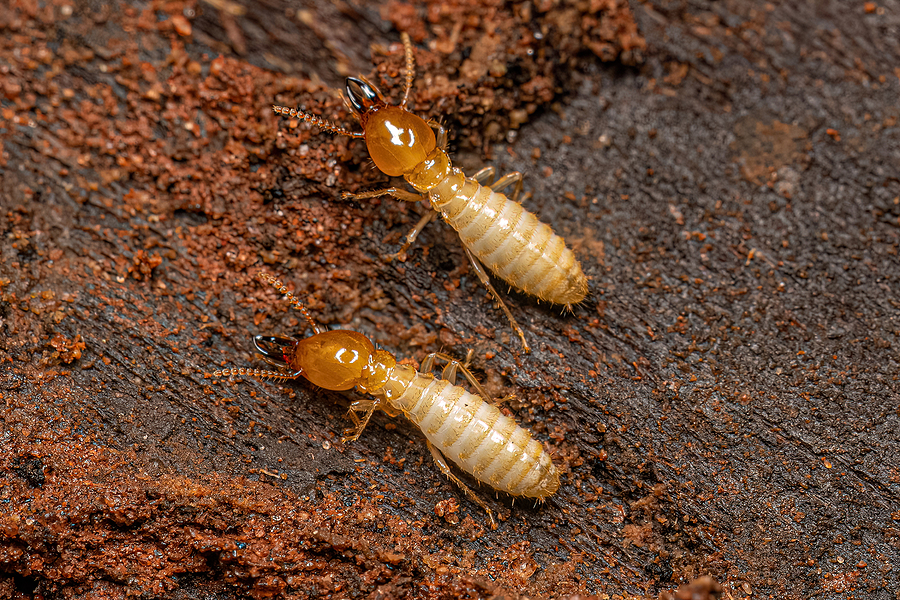Ecological Influence of Parasite Control: Balancing Efficiency With Sustainability
The environmental effect of insect control is an important concern that needs a fragile equilibrium in between attaining effectiveness in making sure and handling bugs sustainability of our ecosystems. From the use of damaging chemicals that leak right into our soil and water to the unintentional consequences on non-target types, the effects of traditional parasite control techniques are far-ranging.
Harmful Chemicals in Pest Control
The usage of unsafe chemicals in pest control poses substantial ecological and wellness threats that require cautious consideration and mitigation methods. Pesticides, herbicides, and pesticides are generally made use of to eliminate parasites, but their extensive application can bring about unplanned effects. These chemicals can pollute soil, water resources, and the air, influencing not just the targeted parasites however likewise useful insects, wild animals, and humans.

To address these dangers, incorporated bug monitoring (IPM) methods are being promoted as an extra sustainable option. IPM involves a combination of approaches such as biological control, environment control, and the targeted use of pesticides as a last option (ant control kingsmountain nc). By taking on a holistic approach to pest control, we can decrease the environmental and health and wellness effects related to harmful chemicals while efficiently managing pest populaces
Effect On Non-Target Types
Considering the unexpected repercussions of pest control approaches, the influence on non-target varieties is an essential element that needs complete analysis. While insect control procedures intend to target particular parasites, other organisms in the ecosystem may be unintentionally influenced. Non-target types, including beneficial insects, birds, animals, and even plants, can endure indirect or straight damage from pesticide applications or organic control approaches.
Insecticides developed to fight a particular insect pest might damage pollinators like or all-natural killers such as ladybugs. Organic control representatives, if not species-specific, can posture threats to unintentional targets, interrupting the environmental balance.
To mitigate the effect on non-target varieties, integrated bug monitoring (IPM) strategies that stress an all natural method to pest control are recommended. These methods focus on making use of eco-friendly techniques, lessening damage to useful organisms while efficiently handling pest populaces. Carrying out extensive danger analyses and monitoring the results of insect control efforts are essential actions in safeguarding non-target varieties and promoting overall environment look at here now health and wellness.
Soil and Water Contamination
Unexpected environmental repercussions of bug control approaches prolong beyond affecting non-target varieties, with considerable effects for dirt and water contamination - ant control services. Chemicals, herbicides, and chemical fertilizers made use of in pest control can seep right into the soil and contaminate groundwater, positioning a hazard to both marine and terrestrial ecological communities.
Water contamination is an additional vital concern connected with pest control practices. Runoff from agricultural fields treated with chemicals can lug these chemicals into close-by water bodies, impacting marine microorganisms and water quality. Contaminants in water resources can have far-reaching consequences, affecting not only water life yet additionally human wellness through the consumption of polluted water or aquatic microorganisms. To mitigate dirt and water contamination from bug control activities, incorporated bug administration approaches that focus on sustainability and lessen chemical inputs are important.
Air Pollution From Pesticide Usage
Direct exposure to air-borne chemicals throughout agricultural applications positions a considerable concern for air contamination control measures. Furthermore, chemical drift, where chemicals are brought by the wind to unplanned locations, can lead to the contamination of neighboring ecosystems and water bodies.

Strategies for Sustainable Bug Control
In the world of agricultural practices, carrying out lasting insect control approaches is critical for preserving ecological equilibrium and guarding crop yields. Lasting pest control highlights using environmentally friendly techniques to handle insect populations properly while decreasing damage to non-target microorganisms and environments. Integrated Pest Management (IPM) is a widely adopted approach that combines biological, social, physical, and chemical control techniques to attain lasting insect management solutions.
Plant turning and diversity are additionally effective strategies to interrupt pest life cycles and create much less desirable conditions for parasites to flourish. Ultimately, by incorporating these lasting pest control approaches, farmers can achieve an equilibrium between pest management effectiveness and ecological stewardship.
Final Thought
Finally, the environmental influence of pest control methods have to be thoroughly taken into consideration to balance efficiency with sustainability. Dangerous chemicals used in parasite control can result in dirt and water contamination, air contamination, and damage non-target species - ant control services. It is vital to implement lasting parasite control approaches to lessen these unfavorable effects on the atmosphere and advertise a much healthier environment for future generations
By taking on an all natural method to pest control, we can minimize the ecological and wellness impacts linked with damaging chemicals while successfully handling pest populations.

To reduce the air contamination caused by chemical use, it is essential to embrace integrated parasite monitoring techniques that prioritize the usage of non-chemical pest control methods, such as crop turning, all-natural predators, and immune plant varieties. Lasting parasite control highlights the use of eco friendly techniques to manage insect populations efficiently while minimizing damage to non-target microorganisms and environments. Integrated Pest Monitoring (IPM) is an extensively embraced technique that integrates biological, social, physical, and chemical control approaches to attain long-term insect administration solutions.